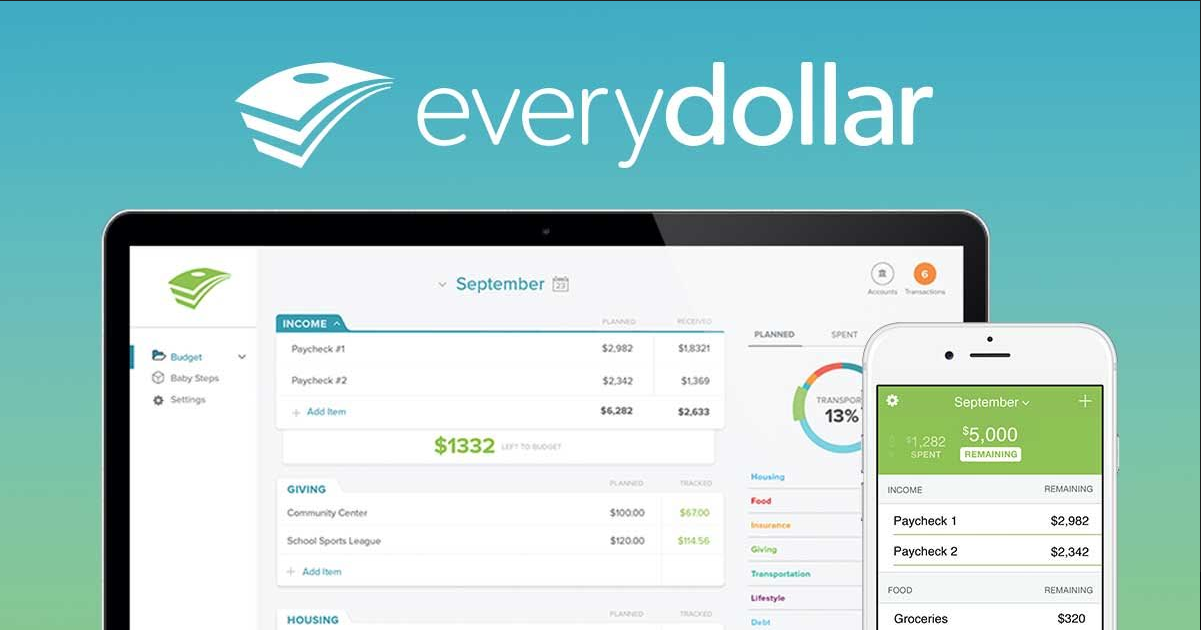Tips for creating and maintaining a budget while in college
3 min read
EveryDollar
By EMILY SHUMAKER
Staff Writer
Just because college students have not entered the workforce doesn’t mean they can’t start learning to manage their money. College students can and should start budgeting and using financial wisdom now, even while they are still taking classes. By living like a financially responsible adult now, they won’t have to live like college students when they graduate.
Wherever you are, no matter your background or your current financial situation, we could all use some tips on finances, because let’s be honest, that stereotype of being a “poor college student” may be too close to reality sometimes.
Rachel Cruze, an American author on finances, offers highly practical tips for college students. “I love to budget, which is crazy, because I’m a spender! I love spending money. But a budget gives me permission to spend. A budget gives you control of your money.”
According to Cruze, a successful budget is when your total income minus your expenses equals $0. This is called a zero-based budget and it gives every dollar a name and a category. Students can set their budget up into categories per month: saving, giving, rent, utilities, transportation, groceries, and entertainment, depending on their lifestyle. It is also important to have about $500 in an emergency fund. The less money you have, the more reason there is to budget so you make every dollar count.
There are many practical budgeting apps that make budgeting even easier and more convenient to follow, such as Mint, Quicken, and EveryDollar.
Once you make a budget, it is important to commit to it. Give yourself a few months to get into a rhythm of following it and figuring out what works for you, but once it is established, you should stick to it.
Cruze also suggests taking drastic measures to avoid taking out loans or credit cards. Whether that means working multiple jobs over the summers or working part-time with a full-load of classes, the hard work will pay off. Your 24-year old self will thank you when you are not making payments with interest on loans. For students who have already taken out loans while in college, the best thing to do is create a savings for the next year, which means doing something radical to make money to pay for it without taking out loans, said Cruze.
“Don’t do what your friends do with their money, because statistics show us that the majority of college students are spending a ton of money, going deep in debt, and are not on budgets. Don’t do that,” said Cruze.
It is all about they way you handle your money in your specific situation.
According to the College Ave blog, there are even simple ways throughout daily life to save money: “turn off your lights, cook rather than go out to eat, keep the change, cut down on caffeine, stay in every once in awhile, skip bottled water and buy a reusable one, take advantage of student discounts and use coupons when you see them.” Be wise with your grocery shopping and compare prices. Walmart and Lidl are often much cheaper than Wegman’s and Giant.
College students can start investing to make their money work for them. It may be beneficial to seek advice from an older mentor with financial experience, such as a trusted professor or financial guidance counselor. It is never too early to manage money well. If you start small, you’ll be able to easily manage it when your paycheck is larger later on in the future.
Beginning to be intentional with our money now will lay a strong foundation for our financial future and will set us apart from many of our peers.











